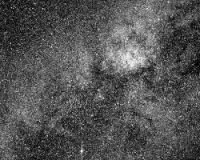The project has collected a large set of data (>200GB) from a cryptocurrency block chain. It is developing methods for detecting anomalies in transactions based on newer Social Networks, Graph Analysis and Machine Learning methods. The work involves data cleaning/wrangling and creation and implementation of various algorithms and analyzing the transactions for identifying different set of anomalies and manipulations.





